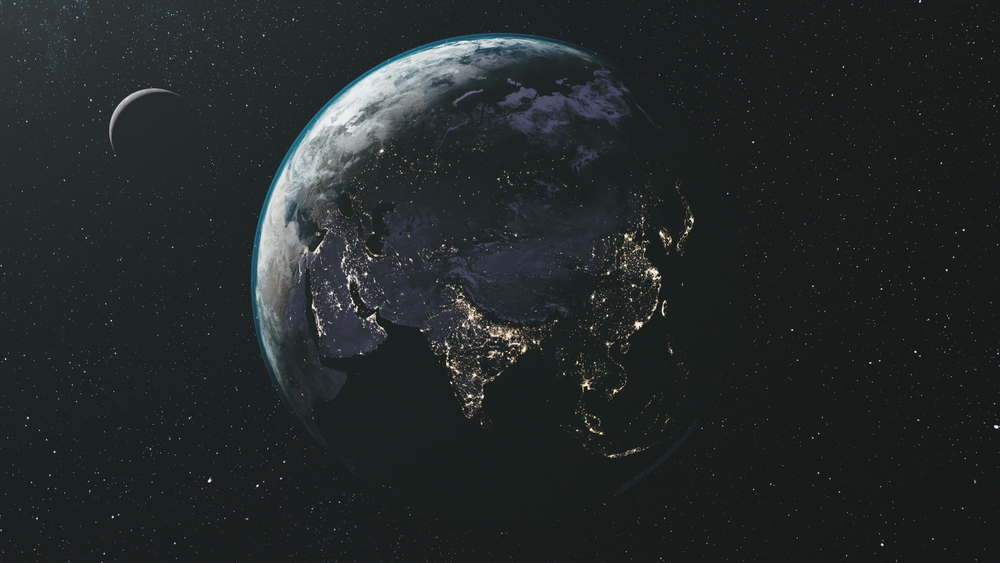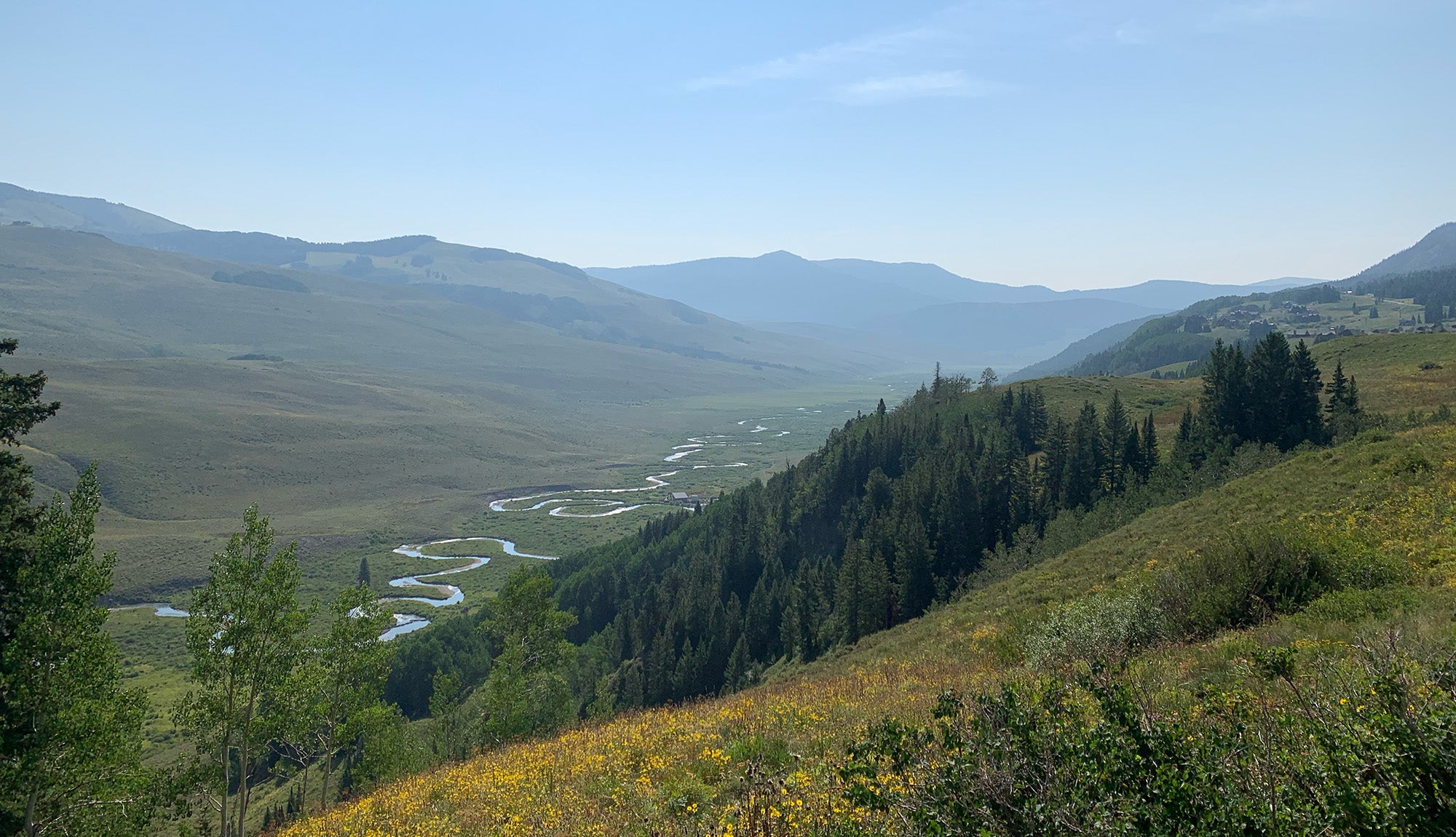healthmyths
Platinum Member
- Sep 19, 2011
- 29,738
- 11,142
- 900

Earth's Rotation Has Slowed Down Over Billions of Years
We have the moon's gravity to blame.
If you could venture back in time to the Neoproterozoic era, about 620 million years ago, you’d notice a radically different planet.
Most observable life forms would be alien-looking fronds and worms, and, if that didn’t send you running back to your time machine, you’d notice that even the days were different.
Hundreds of millions of years ago, a day was only about 22 hours long, the result of a planet spinning about its axis more rapidly than it is now.
For billions of years, Earth’s rotation has been gradually slowing down. It’s a process that continues to this day, and estimates suggest that the length of a day currently increases by about 1.8 milliseconds every century.
The day's length varies slightly from year to year, as well; the result of myriad forces both on and off Earth pushing and pulling at its rotation.
So based on this fact: "Each hour 430 quintillion Joules of energy from the sun hits the Earth.
This incredible fact should get you psyched about solar power
So why don't we use more of it?
430 quintillion times 2 more hours (Earth's rotation today is 24 hours) equals 860 quintillion joules or divided by 3,600 an increase of solar energy of
238,888,888,888,889,000 watts per day increased over the past when the sun only shown for 22 hours!
IS it possible that with the Sun shining longer than in the past that the earth's temperature would be increasing naturally and not totally due to man-made Co2?
